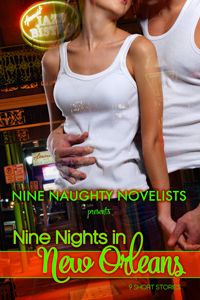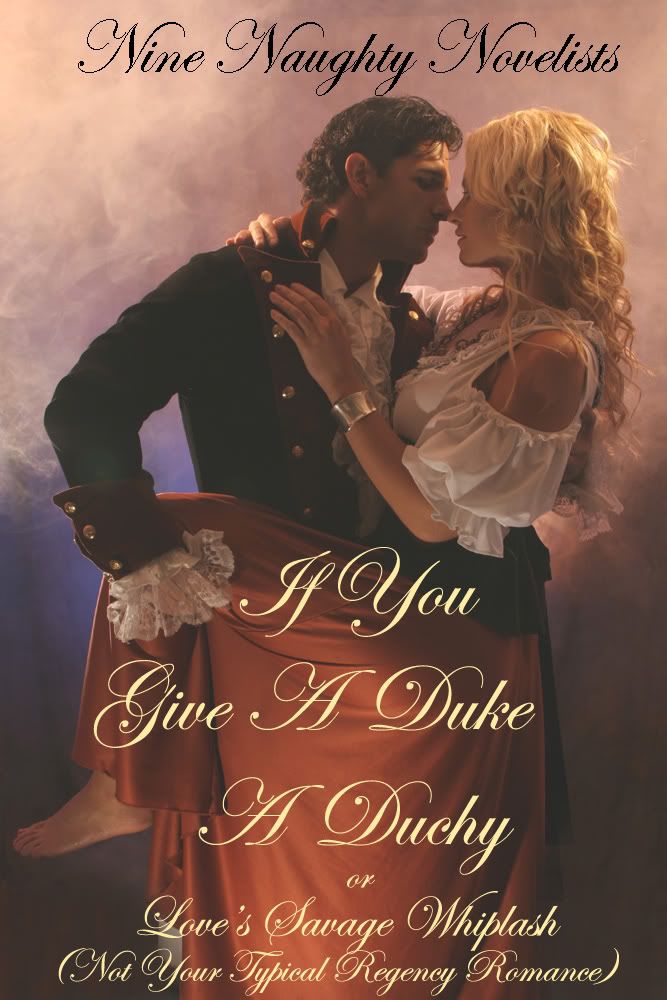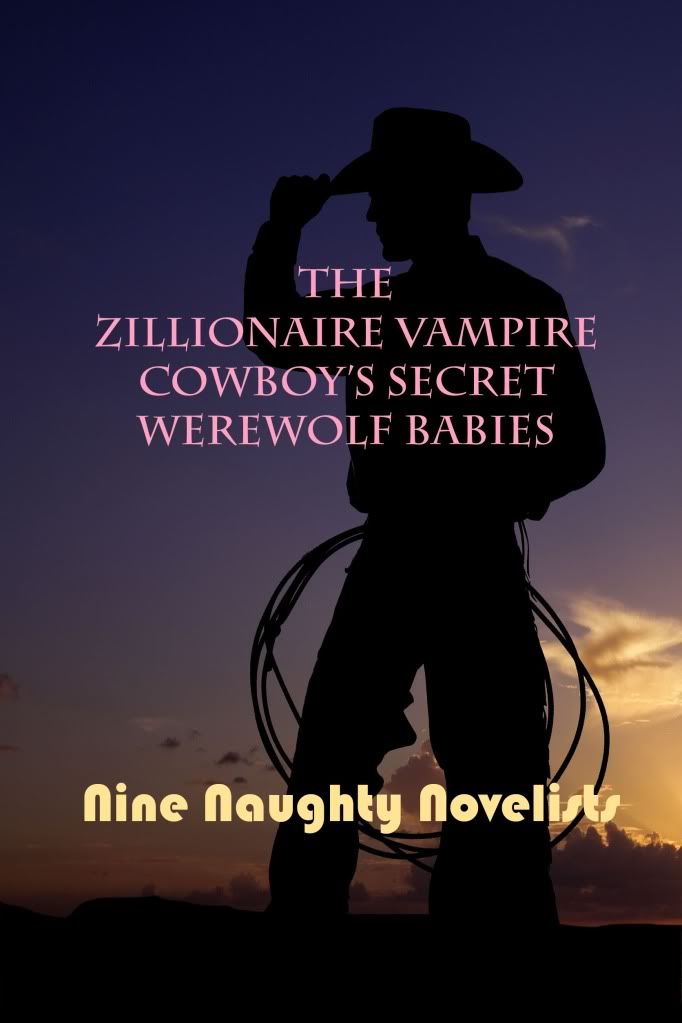 I was going to write a post about procrastination, but I decided to do it later...
I was going to write a post about procrastination, but I decided to do it later...But really, this has been the biggest hurdle to overcome when I transitioned from a traditional day job to working at home. it's so tempting to read or watch TV or nap...hell, even cleaning looks more appealing than that blank page.
Let's be honest--you're not "working from home" if you don't get real work done. All (even though saying "most" might have less inherent generalizing, I'll stick with "all") writers who want to be published also want to be taken seriously. I know I want my friends and family to see writing as a career path, not a hobby.
And that means I've got to put in the time. Buckle down, get my butt in the chair, hands on the keyboard (BICHOK) and put in hours similar to a traditional workday. Do I write for six hours a day? No (not yet). But I do spend at least that long writing, reading (craft and fiction), editing, and social networking. For the latter, I put myself on a timer for 30 minutes, and only as a reward for getting the other chunks done. Checking my e-mail can only be done in this "break" time. After trying endless methods for keeping myself from procrastinating, I've finally developed a few key elements that keep me going every morning.
1. Set long-term goals
Write them down and refer to them often. Make them reasonable but not necessarily easy. These are the things you're working toward, like making enough money to go to a conference or buy an iPad 2. My goals (1-, 3-, and 12-month) are in a spreadsheet I look at ever day (along with my daily tasks, below). Sometimes, making yourself publicly accountable is good, too. Have friends know your goals and support you in reaching them. Post on Facebook or twitter or 43 Things but don't just keep them inside your head. Make them come to life on the page.
2. Set daily tasks
I have a spreadsheet (yes, another one) for all the things I need to do in a given day or week. If I get it done, I put an "x" or the details, like the number of words I wrote in a given WIP. If I don't, I put a "0." But here's the important part for me: If I fail on one day, that's fine. I put the info from past days in a pale gray font so I can't really see it, but I can refer to it if I want to see my progress. It's like dieting--"they" say when you write down what you eat, it helps with your accountability, which often leads to weight loss. But if you obsess over those calories, you'll do yourself more harm than good. My daily tasks range from writing to my morning pages (from The Artist's Way) to reading craft books to exercising (see below).
3. Get out of the chair
Yes, this seems counter to BICHOK, but when you ache after a day of work, it's just going to contribute to your workplace anxiety. When doing what you love becomes tainted by backache or joint stiffness or eye fatigue, you're not going to love it as much. Period. Unless you're a masochist, in which case keep your eyes peeled for an upcoming post ;) I know, you have too much to do to take a break but trust me on this--every hour or so, take a five minute break. Stretch, walk a lap around the house, hell, just stand up and touch your toes, but move. You'll be far more efficient the next hour...and the one after that, and after that...
4. Keep up to date in your field
See what other writers are writing, bloggers are saying, graphic designers, creating. Not only will you see what's already been done, you'll learn from others in your arena, and not just the professionals. This is not about checking out the competition. It's about being a voracious learner. It's about reminding yourself why you chose a tough-ass path as a freelance worker. Pick up the books written by experts on how to do...anything in your field. And that author who puts out X books a year? You know her, the one you'd kill to be? Read her books, her blog, her grocery list...find the passion and dedication in her words.
5. Remind yourself why you love what you do
If you're a visual person, slap up pictures of the things or people that inspire you. I'm a wordie, so I have signs hanging in my office that say "believe in love"and "all because two people fell in love" and "Once in awhile, in an ordinary life, love gives us a fairy tale."
 Put your favorite book on your shelf as a reminder. Mine sit next to my NaNoWriMo WINNER certificate. This also relates to what Julia Cameron (yes, The Artist's Way Again) calls "refilling the well." Creating is hard work. It's draining, and don't let anyone tell you otherwise because even if you love writing beyond belief you're putting something of yourself onto the page (although I hope you're not bleeding onto the keyboard, literally or figuratively). You've got to spark your creativity every now and then. Be re-inspired. Movies, museums, nature walks, whatever floats your boat and ices your cake. And yes, you can call it work.
Put your favorite book on your shelf as a reminder. Mine sit next to my NaNoWriMo WINNER certificate. This also relates to what Julia Cameron (yes, The Artist's Way Again) calls "refilling the well." Creating is hard work. It's draining, and don't let anyone tell you otherwise because even if you love writing beyond belief you're putting something of yourself onto the page (although I hope you're not bleeding onto the keyboard, literally or figuratively). You've got to spark your creativity every now and then. Be re-inspired. Movies, museums, nature walks, whatever floats your boat and ices your cake. And yes, you can call it work.Tag, you're it!: What is your task mistress? Does she carry a bullwhip or nudge you with a twitchy little bunny nose? What strategies worked--and failed--for you?



























